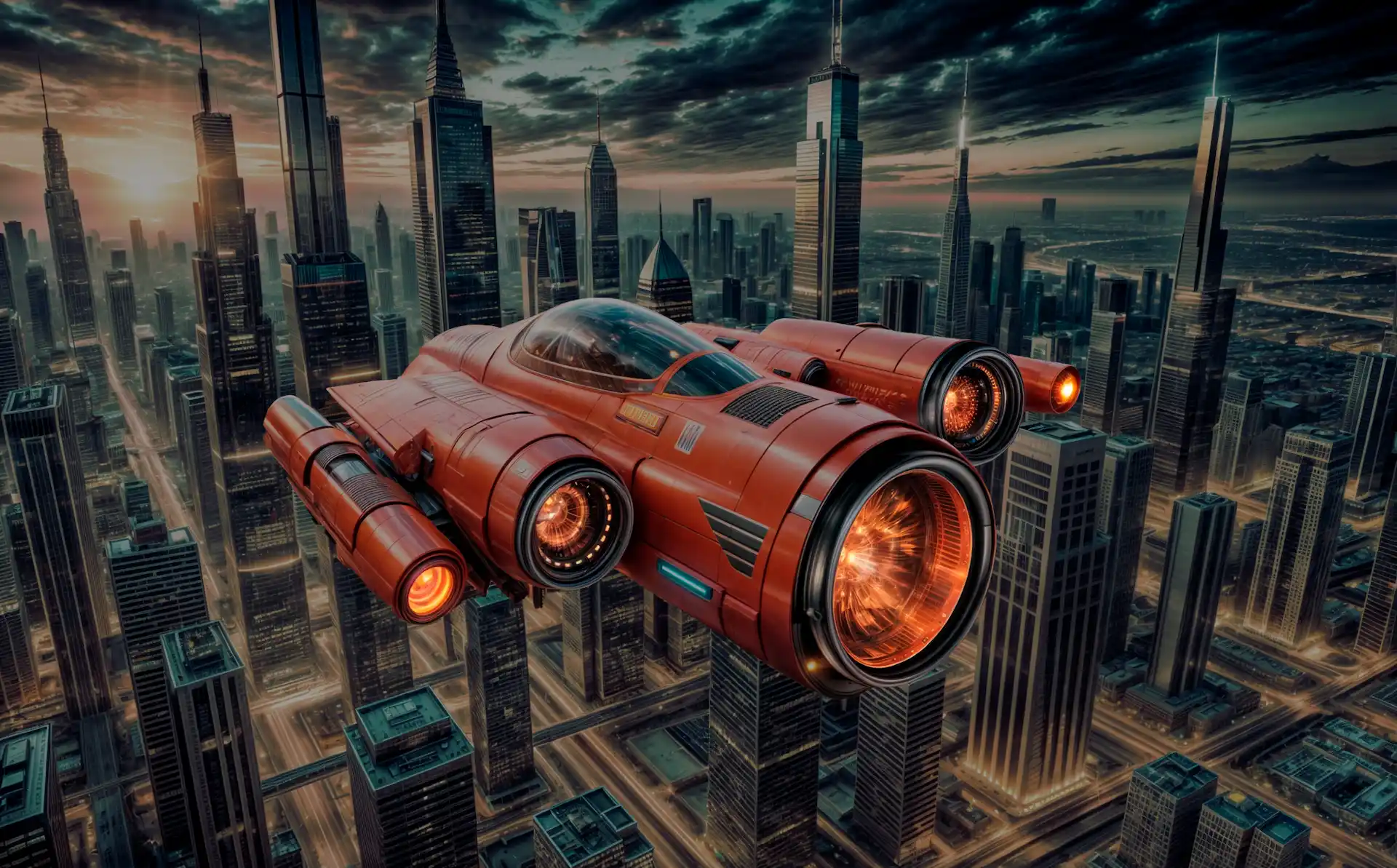Virtual Desktop now supports hand tracking for the Oculus Quest
In version 1.14, developed by Virtual Desktop guy Godin integrates a new function of hand tracking for the Oculus Quest: if you transfer the desktop of your PC points, Quest with wireless streaming, you can control the computer just with your hands, freely using actions such as, for example, clicking or zooming.
According to Godin, the hand tracking is not suitable for games: on the one hand, it runs at only 30 frames per second. For accurate and fast movements hand tracking requires a higher frame rate. On the other hand, there's no good way to transfer all functions of the game controller in his hands.
Hand tracking is not yet a replacement controller
Godin calls your implementation of the hand tracking proof of concept: "If you want to watch a movie on the couch or in bed, hand tracking is really helpful." He expects to improve the function of the Quest 2, but does not believe that the hands will soon be replacing the controller.
In addition to tracking implementation of the new version of the virtual desktop provides the best compatibility with laptops and configurations with multiple GPUs and external GPUs. Full list of changes can be found here.
Virtual Desktop is available for $ 20 in the store Oculus .

